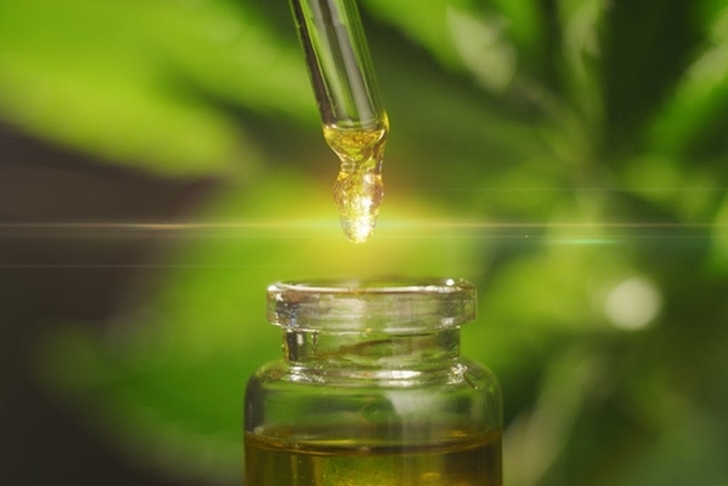Athletes are always looking for ways to better their performance and manage pain. CBD in its various forms comes up in conversation when looking for ways to decrease pain, anxiety, and stress while participating in sports.
The use of CBD in athletics may seem like a sensitive subject, but it should be discussed openly: it's one of the best natural methods for several ailments that athletes may suffer from.
Here's a brief overview of the use of CBD in sports today.
What are different methods for CBD use?
CBD products are everywhere on the market today, and chances are you've interacted with someone who is using it for anxiety, stress, or pain management without realizing it. New products hit the market almost daily in the form of ordinary capsules, pills, creams and drops.
There are even CBD patches that are discreet and allow the CBD to be dissolved through the skin. It's up to the user to find a method of use that suits their lifestyle, whether it be dropping the oil below the tongue, wearing the patch, or something else.
Is it legal for athletes to use CBD?
The World Anti-Doping Agency (WADA), a foundation by the International Olympic Committee that monitors and regulates substance use in sports, removed the substance from its list of forbidden substances in 2018. The American division of this agency has done the same. THC, the other main component of marijuana, is still prohibited. However, some CBD products may contain trace amounts of it. For this reason, athletes should be careful.
There is a level of leniency with THC to minimize the risk of athletes testing positive for using marijuana outside of competition or using CBD products with THC. The maximum level of THC an athlete can test positive for in a urine test is 150ng/mL. Since CBD products may have a small level of THC in them, it's still possible to compete if the urine test comes out negative (under the threshold).
What are the benefits of using CBD for sports?
Most research has been done on THC rather than CBD, but both have been proven to reduce pain. It's a great alternative to NSAIDS (which can increase risk of GI bleeding, strokes, and heart attacks), as well as opioids which carry a big risk of addition. Studies have shown that it may have an anti-inflammatory effect to dial the body down after workouts, and it can even improve sleep quality. More research needs to be done, but by anecdotal evidence the benefits in and out of sports are obvious.
What are the risks of using CBD for sports?
As with any substance, there is a risk of allergic reaction (although unlikely) and interaction with other drugs and medications. In addition, the industry is largely unregulated, so CBD extracted from a cannabis plant that is less than 0.3% THC may be difficult to find. Any product claiming to contain the substance may also contain small levels of other cannabinoids which may be prohibited in competitions. It's important to know where you're purchasing from and where it came from.
Final Thoughts
CBD is taking the world by storm, and soon it will be taking over the athletic industry. New studies will bring more information to light about the substance and its various benefits. The WADA made a huge step in allowing CBD to be used in competition, but there are still huge strides to be made in the areas of research and development. With time, maybe we'll see it being used more in the athletic world every year.
